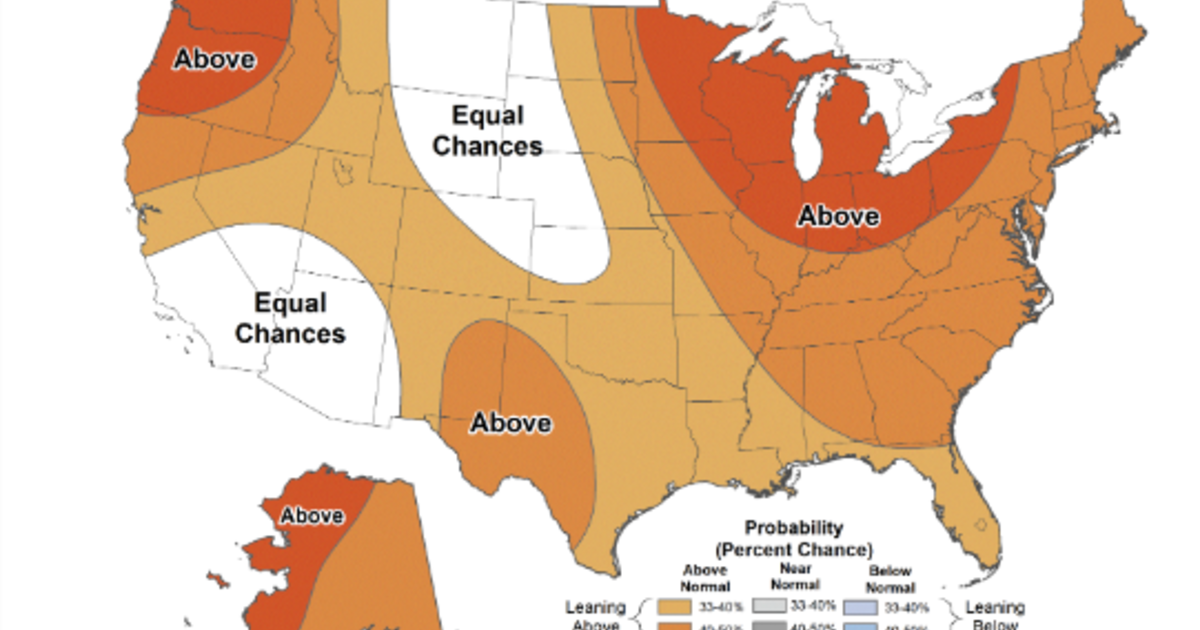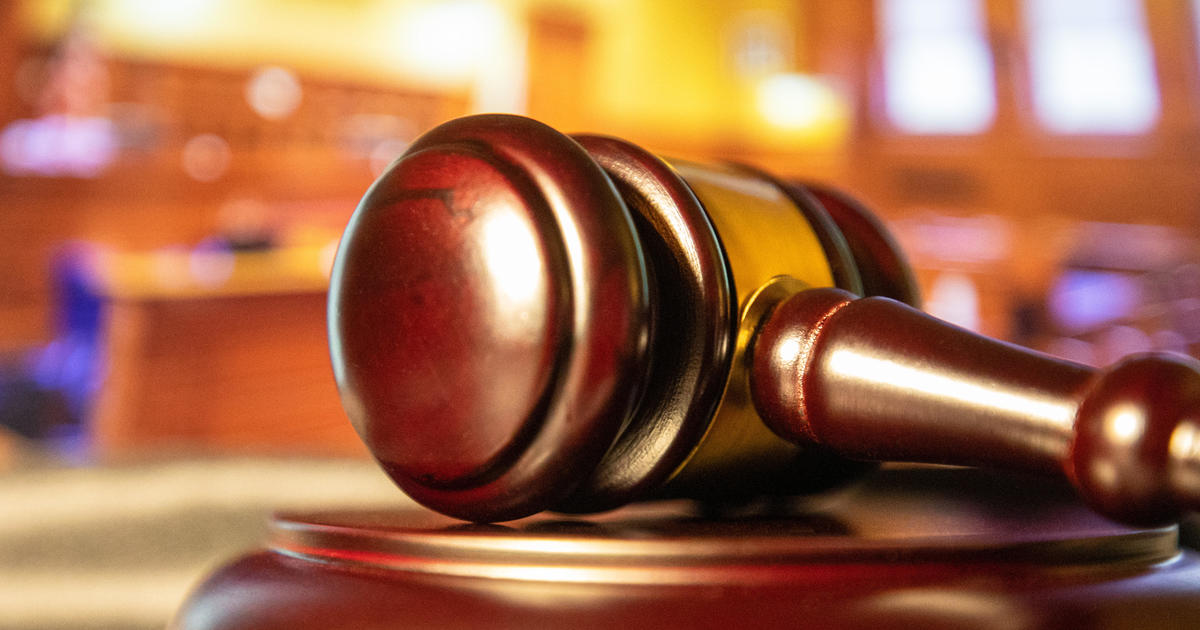Researchers: Rubberized Asphalt May Be Key To Solving Michigan's Road Woes
HOUGHTON, Mich. (WWJ/AP) - Could scrap rubber hold the answers needed to fix Michigan's crumbling roads?
Michigan Technological University researchers are helping study whether building roads using asphalt mixed with rubber from ground-up scrap tires is a good idea for states like Michigan.
The Michigan Department of Environmental Quality has awarded several grants to study rubberized asphalt, including two totaling $1.2 million to Michigan Technological University.
One grant will fund a study aimed at reducing emissions and odor. The other will fund testing a new technology that could, among other things, lower energy costs. Other states use rubberized asphalt, but Michigan wants to know more about how it works as seasons change.
David Hand, chairman of the school's civil and environmental engineering department, is leading the first study. He said officials want to know if adding crumb rubber to asphalt will allow crews to meet Michigan's current air quality emissions standards.
"They want to make sure that nothing is being added to the pavement that could harm the environment," Hand said in a statement. "They also want us to evaluate options for reducing the odors from asphalt plants."
Hand's team will test various mixtures and additives to determine the best recipe for low-emissions rubberized asphalt, as well as testing various ways to neutralize odors.
The second study focuses on a technology developed by Professor Zhanping You that will test a new, cooler way to make rubberized asphalt.
"The conventional hot-mix asphalt uses a lot of energy and releases a lot of fumes. We use a foaming process at lower temperatures, which requires less energy and reduces greenhouse gas emissions," You said in a statement. "We've been doing research on both crumb rubber and warm-mix asphalt since 2006, and this new project is a great opportunity to combine both those technologies."
Working with road commissions, You's team will test the warm-mix rubberized asphalt next summer on sections of local roads in Keweenaw and Muskegon Counties.
The researchers say is hard to find a downside to rubberized asphalt.
"Building two miles of road uses up 4,000 tires," You noted. "Plus, it resists cracks and extends life, and it reduces noise."
TM and © Copyright 2014 CBS Radio Inc. and its relevant subsidiaries. CBS RADIO and EYE Logo TM and Copyright 2014 CBS Broadcasting Inc. Used under license. All Rights Reserved. This material may not be published, broadcast, rewritten, or redistributed. The Associated Press contributed to this report.



